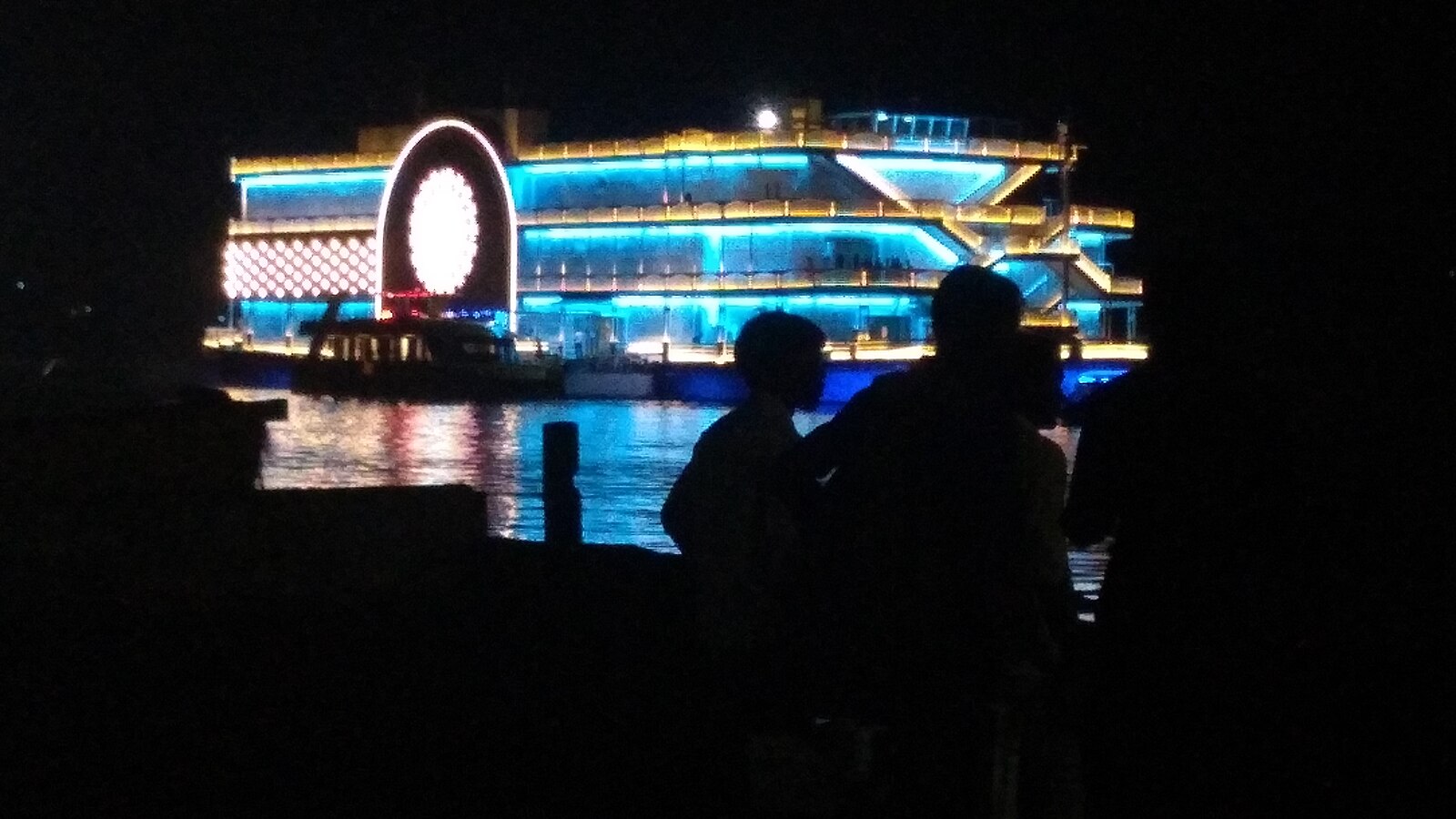Now Reading: Illegal Live Gaming Crackdown in India: Goa Police Arrests Highlight Regulatory Risks
-
01
Illegal Live Gaming Crackdown in India: Goa Police Arrests Highlight Regulatory Risks

Illegal Live Gaming Crackdown in India: Goa Police Arrests Highlight Regulatory Risks
A recent series of raids and arrests in Goa has shown the regulatory and operational risks in India’s live gaming industry. In early August 2025, the Goa crime branch raided multiple onshore casino properties after a legislator filed a complaint with video evidence alleging that live card games were being conducted where only slot machines or electronic entertainment were permissible.
Police assert that they have busted a live card gaming session at a property in Candolim, arrested eleven persons including tourists and staff, and seized gaming equipment and cash. The speed and publicity of the action, propelled by an assembly-level complaint and video, show how political exposure can quickly turn into enforcement action and public scrutiny for operators and properties.
| Details | Implications | |
| Raids | Police raided casinos in Candolim; 11 arrested | Properties risk seizure, reputational damage |
| Legal Basis | Goa, Daman and Diu Public Gambling Act | Onshore: only slots/e-games; Offshore: live-dealer permitted |
| Impact on Operators | Need stricter controls, and audit-ready systems | Non-compliance = legal, financial risk |
| Impact on Providers | Demand for compliance features: logs, KYC, geo-blocking | Providers with compliance tooling will be favored |
How The Raids Unfolded And What Authorities Found
According to police and news reports, the raids followed a complaint in the Goa Assembly by Goa Forward Party MLA Vijai Sardesai, who showed a video that he said revealed live gaming at an onshore casino. Investigators subsequently raided several casinos in Candolim; at least one such raid on Puppy’s Casino Gold in Candolim involved arrests and the seizure of dealer tables, chips, and electronic displays.
Cases were filed under the Goa, Daman and Diu Public Gambling Act and authorities have stated the individuals arrested were subsequently released on bail, but the FIRs and confiscated evidence are part of an ongoing investigation. The legal question at issue is that Goa’s regulations permit full live-dealer games on licensed offshore casinos but limit onshore casino play to limited formats like slot machines unless otherwise approved.
- Goa raids spotlight rule gaps.
- Operators tighten control systems.
- Games must match the license.
- Providers face tough questions.
- Proof of fair play needed.
Why This Matters For Operators And Providers
The Goa raids are a reminder that regulatory definitions and the boundary between permitted and non-permitted activity can quickly become operational and commercial burdens. For operators, it means tighter internal controls, more defined geofencing and more precise documentation of which games are presented where and on which license.
Providers that provide live dealer systems, table games, and turnkey solutions will be getting urgent questions from partners and regulators regarding audit trails, dealer accountability, session recording and how results are generated. Companies that can provide modular, auditable game software and pre-existing compliance compatibility will be favored partners as operators rush to show they fulfill the regulations set by authorities.
Where Live Casino Software Providers Fit In
A reliable provider will offer more than just dealer video and betting features. They’ll also include compliance tools like session recording, unalterable logs, customizable location restrictions, audit trails based on user roles, and a clear process for reporting suspicious activity.
To quickly show regulators they’re serious about following the rules, operators often partner with a trusted live-game provider. This partner can prove they are capable of customizing menus, turning off live-dealer features in certain areas, and providing documentation whenever needed. For operators seeking a partner, a reputable live casino software provider with a history and compliance tooling will minimise both day-to-day hassle and exposure in the event of investigations.
Technical And Compliance Pain Points
On the technical front, police and regulators are ever more interested in physical evidence: physical gaming tables, dealer gear, chips and electronic records. For online providers, the equivalent is verifiable records, RNG certificates (where applicable), player KYC files, transaction trails and geo-blocking evidence. The Goa raids indicate that where regulators have an explicit legal trigger and political support, they will insist on prompt access to records and confiscate whatever hardware establishes the violation.
Cross-jurisdictional hosting, offshore operations and anonymous payments continue to be difficult issues, and any operator that fails to maintain legible, inspectable records risks enforcement and reputational harm. To know more, visit Legal Desire.
Live-Casino Ecosystem Consequences
Aside from the direct legal repercussions for the sites that were raided, the raids will also have broader market ramifications. Insurance companies may re-evaluate their coverage for onshore gambling sites. Banks and payment processors might also impose stricter rules on transactions related to gambling. Furthermore, regulators in other states could follow Goa’s example when addressing similar violations.
Live-game platforms may see operators request certified modules that show compliance. Providers who present themselves as a solid partner will be favored. If you’re reviewing providers, it can be useful to look for a specific, audit-ready product. For example, Royal Riches software can be an example of a packaged title that is available with logs.
FAQ
What prompted the raids on Goa?
Local political pressure spearheaded by a video pushed police to probe suspected live gaming in onshore casinos; the investigators subsequently conducted raids and arrests.
How many individuals were arrested and what was confiscated?
Eleven individuals were detained, according to reports, and police confiscated gaming tables, chips, electronics and other materials.
Does it imply that live casinos are prohibited in Goa?
No, Goa permits full live gaming on licensed offshore vessels; the prosecutions are for alleged onshore activity that is beyond the permissions granted to onshore locations.
What should operators do now?
Operators need to audit their licensing, tighten KYC and transaction records, ensure geofencing is secure and work with providers to provide audit-ready evidence. Providers need to prepare compliance modules and documentation to respond quickly to regulators.










